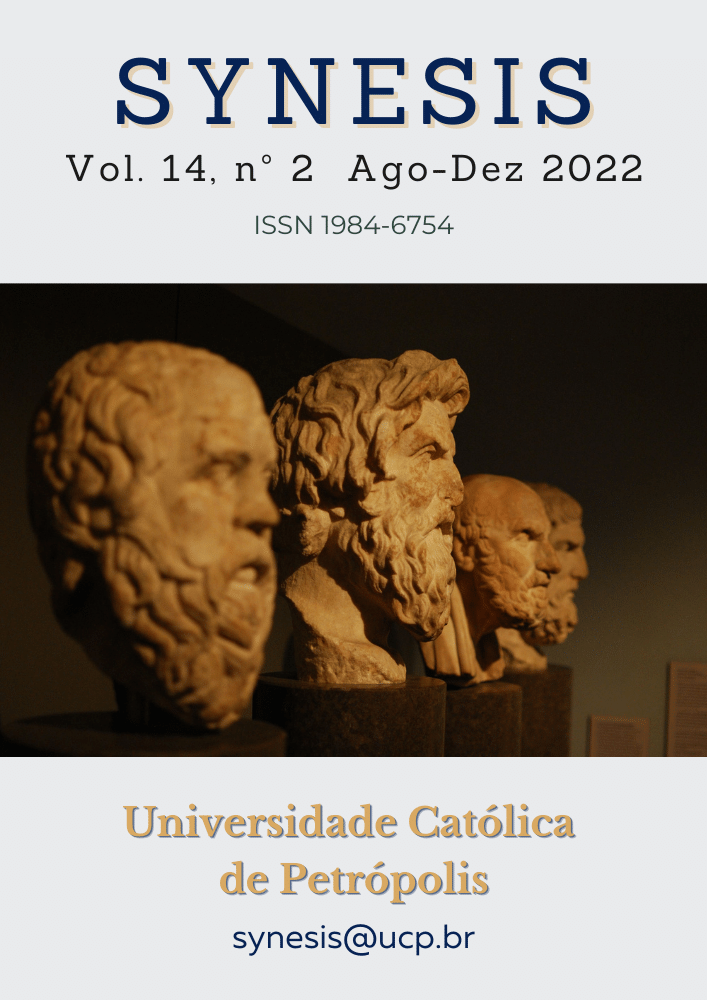Abstract
Hegel is the great philosopher of humanity and left a tremendous philosophical legacy for humankind. His philosophical thought is the result of the study of the history of human thought, which he summarized into principles and laws to draw out the way of thought in perceiving objects. Hegel's philosophical system has covered many fields and developed many rich and unique ideas, which are significant to mark the times. Hegel's thought paved the way for other theories to emerge. It is necessary to find his belief that the profound nature of the world is not individual consciousness but an idea. That is Hegel's absolute spiritual conception. This article uses the dialectical materialist methodology with broad, specific historical, and development principles to evaluate and consider the mental angle that Hegel mentioned in his philosophy. Besides, the article also uses analytical and synthesis methods to clarify Hegel's absolute idealism. Because he believed that only idealism is philosophy, according to Hegel, philosophy is the science of thought. The article explains Hegel's idealism when he says that a fundamental idea is a reality objectively with the thought of people and things in this world.
References
Craig, T. (2022). Nature, Spirit, and the Question of Subjectivism in Hegel: Two Key Aspects of Hegel’s Treatment of Nature.
Dunham, J., Grant, I. H., & Watson, S. (2014). Idealism: The history of a philosophy. Routledge.
Ferro, B. (2022). Hegel’s Phenomenology of Spirit. In Masters, Slaves and Philosophers (pp. 135-157). Springer.
Friedman, S. (2022). Hegel’s Philosophy of Right After 200 Years. Taylor & Francis.
Hegel, G. W. F. (1900). The philosophy of history (Vol. 12). Willey.
Hegel, G. W. F. (2022a). The phenomenology of mind. DigiCat.
Hegel, G. W. F. (2022b). Philosophy of mind. Lindhardt og Ringhof.
Hegel, G. W. F., & Knox, T. (1975). Hegel’s Aesthetics–Lectures on Fine Art, volume I. Overs. TM Knox. Nytt.
Hiromatsu, W. (2022). Philosophy in Marx. In The Schema of the Theory of Reification (pp. 179-200). Brill.
Majewska, E., & Wójcik, B. (2022). The Return of Hegel: History, Dialectics and the Weak: Introduction. Praktyka Teoretyczna(1 (43)), 9-18.
Panova, O. B. (2015). Spirit and language in Hegel's philosophy of absolute spirit. Procedia-Social and Behavioral Sciences, 200, 502-508.
Ramsiej, K. D. (2022). Thought and Reality a critical study of Hegel's philosophy. Concept Publishing Company Pvt. LTD.(2013).
Read, J. (2022). Desire is man’s very essence: Spinoza and Hegel as philosophers of transindividuality. In The Production of Subjectivity: Marx and Philosophy (pp. 255-273). Brill.
Rojek, C. (2022). Hegel contra celebrity: the reconciliation of subject and object. American Journal of Cultural Sociology, 1-15.
Schütze, R. (2022). German Idealism after Kant: Nineteenth-Century Foundations of International Law. Journal of the History of International Law/Revue d'histoire du droit international, 1(aop), 1-37.
Solomon, R. C. (1985). In the spirit of Hegel. Oxford University Press.
Waibel, V. L. (2022). “Consciousness in Its Own Self Provides Its Own Standard”. Hegel and the Spirit as a Process of Thinking. ETHICS IN PROGRESS, 13(1), 41-56.
Williams, R. R. (1992). Recognition: Fichte and Hegel on the other. Suny Press.
Xiaomang, D. (2022). A New Exploration of Hegel's Dialectics II: Negation and Reflection. Routledge.
Zwart, H. (2022). Dialectical Materialism. In Continental Philosophy of Technoscience (pp. 67-109). Springer.

This work is licensed under a Creative Commons Attribution-NonCommercial-NoDerivatives 4.0 International License.
Copyright (c) 2022 Synesis (ISSN 1984-6754)

